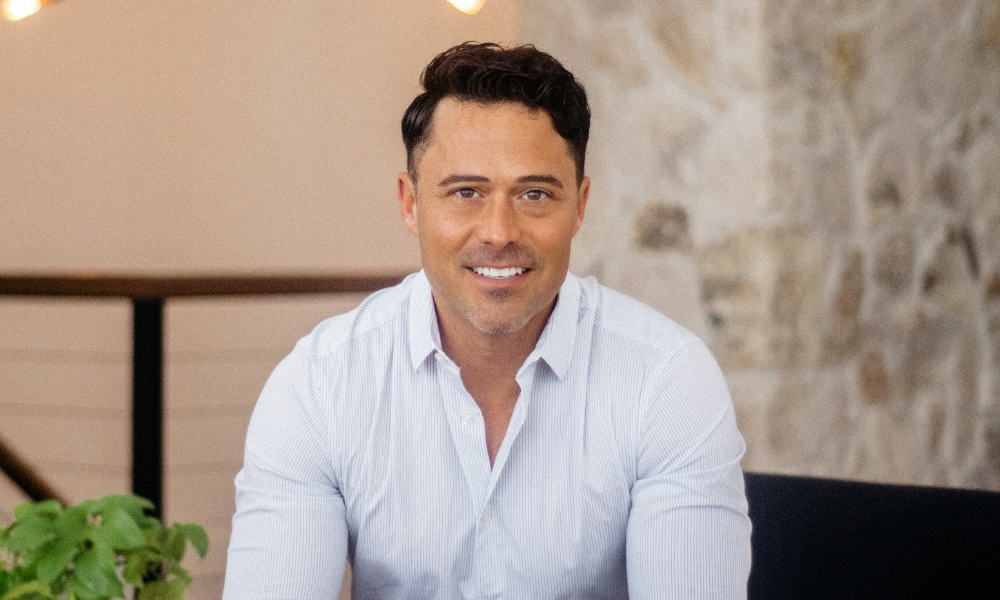Inflation was a major factor in the past quarter's falling profitability and AUM, study shows

As the asset management sector struggles to deal with a volatile market and inflationary pressures, listed managers continued to report dwindling profitability and assets under management.
According to a Casey Quirk research of 18 listed asset managers in North America published Thursday, the median traditional manager saw a 5% decline in profitability and a 6% decline in AUM in the third quarter of 2022, versus the second.
The third-quarter asset flows also decreased by 0.5%. According to the research, the 18 managers' median revenues and AUMs have declined by 18% and 20%, respectively, so far this year.
Poor capital market performance in the first and second quarters immediately resulted in a drop in assets and earnings. The difference between the most and least profitable managers widened, placing more pressure on managers in the bottom quartile.
The dropping profits and AUM witnessed in the previous quarter, according to Casey Quirk, were significantly impacted by inflation.
According to the research, the third quarter saw a 7% increase in the median general and administrative expenditures compared to the same quarter in 2016.
Cost increases have had the most severe impact on areas including marketing, technology, and market data.
The third quarter saw little change in compensation, even though it is somewhat correlated with the success of the financial markets.
“We expect persistent declining revenues in the first three quarters of the year to put pressure on asset managers’ 2022 year-end bonuses and full-year profits,” Scott Gockowski, senior manager at Casey Quirk, told Institutional Investor.
He did, however, add that the fourth-quarter market recovery would boost certain managers' profit margins.
One of the few areas of improvement in the third quarter was the performance of alternative managers. In comparison to the second quarter, the report states that the median revenue of alternative firms climbed by 4% in the third.
Additionally, net flows rose by 2.2%. While 22% of traditional managers have hiring freezes in place, according to Casey Quirk, some alternative organizations are even adding employees amid the competitive market.
Gockowski says that one factor contributing to the outperformance of alternative managers is the growing interest in non-traditional investment products including infrastructure and private credit.
He stated that some investors prefer private market assets since they may claim greater risk-adjusted returns because they aren't marked to market every day.
“With [fewer assets] marked to market, the overall portfolio can look better,” he said. “It’s a widely understood phenomenon across market participants. Most institutions…have [become comfortable] dealing with it.”



